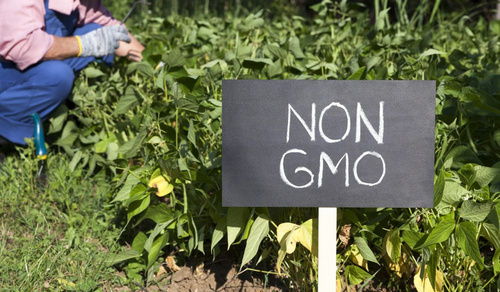
Genetically modified organisms (Non-GMO) are defined as conventional, natural plants, animals and microorganisms that do not use genetic engineering technology. This definition is defined in accordance with the requirements of the latest EU transgenic regulations EC1829/2003 and EC1830/2003.
Non-genetic identity maintenance (IP) certification is the process of auditing and issuing certificates according to specific standards for the assurance system established by enterprises to maintain the specific identity of products (such as genetically modified identity). In order to prevent the potential pollution of genetically modified ingredients in the production of crop seeds, agricultural products, food, feed and other products, the non-genetically modified identity maintenance (IP) system carries out strict control, genetically modified testing, traceability information establishment and other measures in the whole production and supply chain from non-genetically modified crop seeds and their field planting to product harvesting, transportation (export), processing and entering the market, to ensure the purity of non-genetically modified products, And can improve the production and quality assurance system of product value.
The scope of IP certification includes agricultural products and food such as planting and processing. It focuses on the impact of genetically modified ingredients in the production and processing process chain on the safety of non-genetically modified products, and establishes a whole-process quality control system from production base, production process, treatment, processing, storage, transportation and sales.
IP certification aims to provide non-GMO identity maintenance certification for production and operation enterprises to meet the requirements of relevant parties such as international trade of products, food manufacturing groups and consumers.
Contact us
| Tel: | 0532-67739388 |
|
E-mail:info@gfs-global.cn |
|